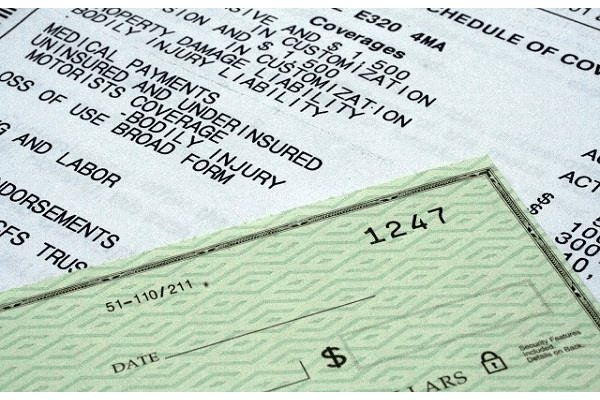
Injury and Accident Lawyers in Washington Helping Victims get Compensation
When you file a personal injury claim, you will be presented with a lot of complex terminology. While most of this can be explained by your attorney, the most important terminology you will learn is about damages – also known as your monetary reward. It is important that you understand the types of damages, and what you can actually claim – because not all accident cases qualify for these types of damages. Your injury lawyer in Washington will be able to assess your case and help determine which damages you qualify for, as well as explain what losses you can request in court.
The Two Types of Compensation in a Personal Injury Claim
There are two types of damages awarded in a personal injury claim: Compensatory and punitive. All claims qualify for compensatory damages, but not all claims can qualify for punitive. If the case involved serious injury or loss of life through extreme negligence or malicious intentions, it could qualify for punitive damages.
Compensatory Damages
As the name implies, this type of damage is awarded in order to compensate the victim for some sort of financial loss. Typically, this includes:
- Property damage
- Loss of enjoyment of life
- Medical bills
- Lost wages
- Current and future costs
- Loss of consortium or damage to the relationship between spouses
- Pain and suffering or mental pain and suffering
Compensatory damages are usually calculated by your Washington personal injury attorney, and it does require skill in order to determine not only your past losses, but how much your accident and injury will cost you in the future too. Your attorney will need to consult with medical experts in order to determine your prognosis and future treatments, but also to determine how long you will physically and mentally suffer because of your injury.
Punitive Damages
Punitive damages are used to punish the defendant for his or her actions. These involve illegal activities or outrageous negligence that results in the harm of the plaintiff. The idea behind punitive damages is that if a damage award is issued to the plaintiff, it will serve as a reminder and lesson to others to not act the way that the defendant did.
Punitive damages are often rewarded in automobile accidents when the defendant caused the accident because of drinking and driving or another extreme negligent act – such as talking on the phone and driving. DUIs, for example, are illegal. Therefore, the individual got behind the wheel knowing that he or she was putting others at harm and breaking the law; in this case, he or she could be forced to pay compensatory and punitive damages.
Punitive damages are often overlooked in personal injury cases, which is why it is imperative to hire a skilled personal injury attorney. A good personal injury lawyer will make it a goal to understand your options for compensation – and always seek maximum compensation for your injuries.
Speak with an Accident Lawyer in Washington Today
If you were injured in a car accident in Seattle or any other areas in Washington, contact the personal injury attorneys at Brett McCandlis Brown & Conner, PLLC today. We offer free consultations and our attorneys are here to ensure that you are compensated fully for your injuries, losses, and emotional suffering. Schedule a free consultation to discuss your case now at 800-925-1875, or fill out our online contact form with your legal questions.


